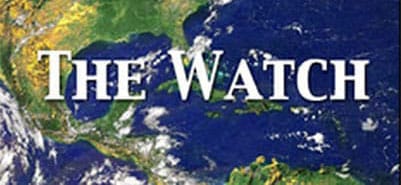Getting Real: Health in the Teaching of Climate and Earth Science
The impacts of climate change on health as well as the societal responses to climate change are varied and significant. In recent years the recognition of the importance of the health implications to climate change impacts has grown enormously. Understanding how climate change and climate variability affect people’s health and well being is a foundational aspect of basic climate literacy. For educators, integrating content and exercises on health provides an opportunity to engage students in earth science with projects that both demonstrate the relevance of the science in their daily lives and also requires the development of critical analytic and synthetic skills. Health content related to climate change can also augment curricula in the social sciences, history, literature, and the visual arts. This talk summarizes the health implications of climate change and encourages discussion of how health content can help teachers of elementary through high school aged students achieve their educational goals.

John M. Balbus, M.D., M.P.H. (John.Balbus@nih.gov), is the Senior Advisor for Public Health to the Director of the National Institute of Environmental Health Sciences (NIEHS), where he directs the NIEHS-WHO (World Health Organization) Collaborating Centre for Environmental Health Sciences. During the Obama administration he served as the HHS (US Health and Human Services Agency) principal to the U.S. Global Change Research Program and has co-chaired working groups on Climate Change and Human Health for the Ual Change Research Program and for the National Institutes of Health. Dr. Balbus has served as lead author or reviewer for national and international climate change and health assessments, and co-authored the HHS guide document “Primary Protection: Enhancing Health Care Resilience for a Changing Climate.”
Before joining NIEHS, Dr. Balbus was Chief Health Scientist for the non-governmental organization Environmental Defense Fund for seven years. He was also on the faculty of The George Washington University Schools of Medicine and Public Health and Health Services, where he was founding Director of the Center for Risk Science and Public Health and Acting Chairman of the Department of Environmental and Occupational Health. Dr. Balbus received his A.B. degree in Biochemistry from Harvard University, his M.D. from the University of Pennsylvania, and his M.P.H. from the Johns Hopkins School of Public Health.
Education
Webinar Archives Education ResourcesStewardship
Supporting Stewardship Past Projects Focus Area Resources Applying for Funding
Search Education
Get Social
Last updated: 06/16/24
Author: NOAA
How to cite this article
